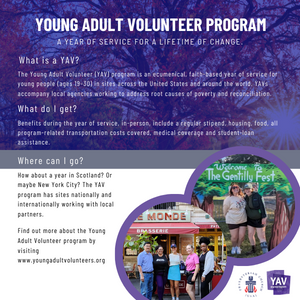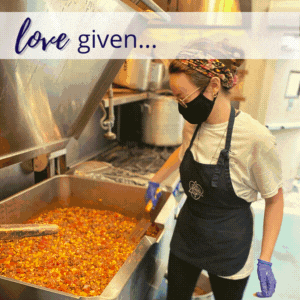By: Karen Gogins, CVN AmeriCorps Member with Lutheran Volunteer Corps
Our waters are threatened by polluted runoff washing down our rivers and streams into Puget Sound. The polluted water – carrying phosphorus, nitrates, fecal coliform and oil and grease – harms marine life, disrupts native ecosystems and poses health dangers to people. Unfortunately, students don’t learn about this in their science classes.
Currently, there are not adequate environmental education opportunities for youth to become engaged in watershed issues or to feel empowered to make positive changes. Environmental education for most youth is limited to classroom textbooks.
Young people need to experience actual environmental stewardship work in the field so they can understand the impact we have on our environment.
There are nonprofits that have strong stewardship programs for youth in this area; however they only serve a small number of students due to limited resources. Students in under-served communities have no opportunity for experiencing environmental science in the field or to see how small changes in their life can make a big difference in water quality. Hands-on education is vital for developing an understanding of the environment and developing a passion to protect our bay now and in the future. Through hands-on science, I am motivating and preparing future leaders who will steer the direction the health of our bay takes in the future.
 |
Third grade students learn how to prevent polluted runoff
with Enviroscape, a watershed model that allows them to
simulate pollution using chocolate sauce and sprinkles. |
I am serving as a CVN AmeriCorps member in the Lutheran Volunteer Corps at Citizens for a Healthy Bay, a small nonprofit in Tacoma, Washington. Our mission is to represent and engage citizens in the cleanup, restoration and protection of Commencement Bay, a part of Puget Sound, the surrounding waters and our natural habitat. As the Outreach and Education Coordinator, I have gotten the opportunity to be involved with several exciting educational stewardship programs.
Working as a team with CHB staff, I run environmental education programs that extend far beyond the classroom. Students learn about concepts such as wetland ecosystems and the importance of clean water, and then use what they have learned in the field. Hands-on projects like planting native plants, removing invasive plants, sampling for water quality and measuring macroinvertebrate populations, helps to solidify their understanding of the role that natural habitat plays in improving their community’s water quality and in enhancing wildlife.
 |
Middle school students plant native trees
at a local wetland habitat restoration site. |
I am passionate about incorporating watershed and pollution prevention education in school curriculum, because it leads to collective change in our treatment of the environment as well as equitable access to hands-on environmental science education, including its inherent academic benefits and job skills.
One of the most important elements of my position is the active engagement of all kinds of citizens, including those that are historically under-served. Students who engage in restoration, water testing and pollution prevention activities will be inspired to continue learning about their responsibilities as stewards of their environment. As they grow to be adults, they will have a lifelong appreciation for the benefits of clean water and natural habitat and they will continue to take action to protect these resources.
 |
Students collect water samples from the Puyallup River
and test for dissolved oxygen, an important indicator
for the health of aquatic life. |
One of my accomplishments this year has been expanding CHB’s educational capacity beyond environmental science by creating and implementing a watershed-wideenvironmental art and poetry contest designed to promote environmental literacy through the arts and place-based education. Science is an important avenue for instilling a sense of stewardship in youth, but the arts are just as powerful and often forgotten.
My AmeriCorps service with Citizens for a Healthy Bay has been deeply rewarding. My position is intellectually stimulating and allows me to use my background in Environmental Studies and Anthropology and experience with environmental education in a summer camp setting.
I have gotten to be involved in all aspects of environmental education from planning to implementation and evaluation, and have gained firsthand experience with how an environmental nonprofit functions.
 |
| Pulling a water sample for class analysis and trying not to fall in! |



 Thousands of faith-based service opportunities can be at your fingertips with the RESPONSE. Download the latest edition today!
Thousands of faith-based service opportunities can be at your fingertips with the RESPONSE. Download the latest edition today!
